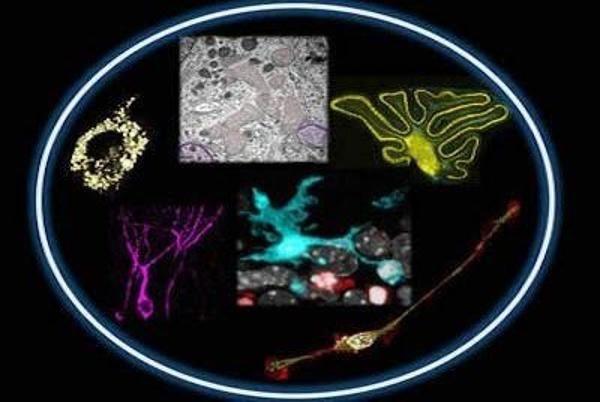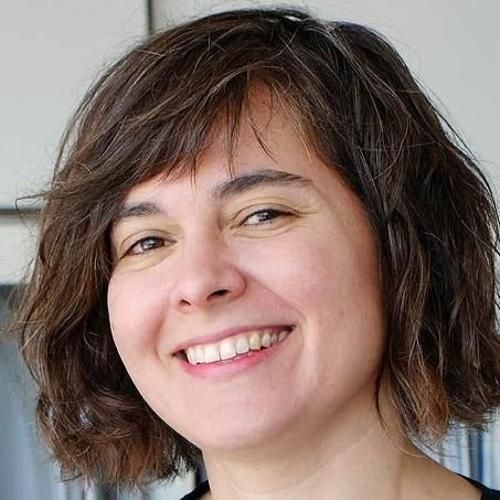Laboratory of Glial Cell Biology

Responsable: Amanda Sierra Saavedra
Centro (uo): Achucarro Basque Center for Neuroscience
Correo electrónico: amanda.sierra@achucarro.org
Página web: https://www.achucarro.org/laboratory/glial-cell-biology/
The ultimate goal of the lab´s research is to investigate the bidirectional communication between neurons and microglia, the brain phagocytes, in the healthy and diseased brain. How do neurons talk to microglia? How does microglial function affect neurons? To answer these broad questions we use a multidisciplinary approach combining in vivo experiments in rodents, and human and monkey brain tissue; and in vitro experiments in primary and organotypic cultures, and human induced pluripotent stem cells (iPSCs). We use a combination of imaging and molecular biology techniques (epigenetic, transcriptomic, and metabolomic analysis) to dissect out the role of microglia during development, adult neurogenic niches, and in diseases such as epilepsy and stroke. In the last few years, our lab has been particularly interested in the interaction between apoptosis and phagocytosis in the brain. Apoptosis, or programmed cell death, is a ubiquitous phenomenon during neurogenesis, aging and neurodegenerative diseases. An efficient phagocytosis is necessary to maintain the homeostasis of the brain parenchyma, by preventing the release of toxic intracellular compounds from the dead cell and by triggering an immunomodulatory response. In the last few years, our group has also shown that phagocytosis triggers a cascade of modulatory metabolic and transcriptional events in microglia that ultimately affect their secretome. In the adult neurogenic niche, the vast majority of apoptotic cells undergo apoptosis in the first few days of cell life and are phagocytosed by microglia (Sierra et al., Cell Stem Cell 2010), whose secretome acts as a feedback mechanism that is necessary for the long-term maintenance of the neurogenic niche (Diaz-Aparicio et al., J Neurosci 2020). In these physiological conditions, phagocytosis is extremely efficient. In contrast, it becomes rapidly and chronically impaired in mouse and human epilepsy (Abiega et al., PLoS Biol 2016), raising the idea that harnessing phagocytosis is a novel therapeutic target to accelerate the regeneration of the diseased brain (Marquez-Ropero et al., Front Immunol 2019).
Investigadores/as
Clasificaciones
- Centros (c): Achucarro Basque Center for Neuroscience




